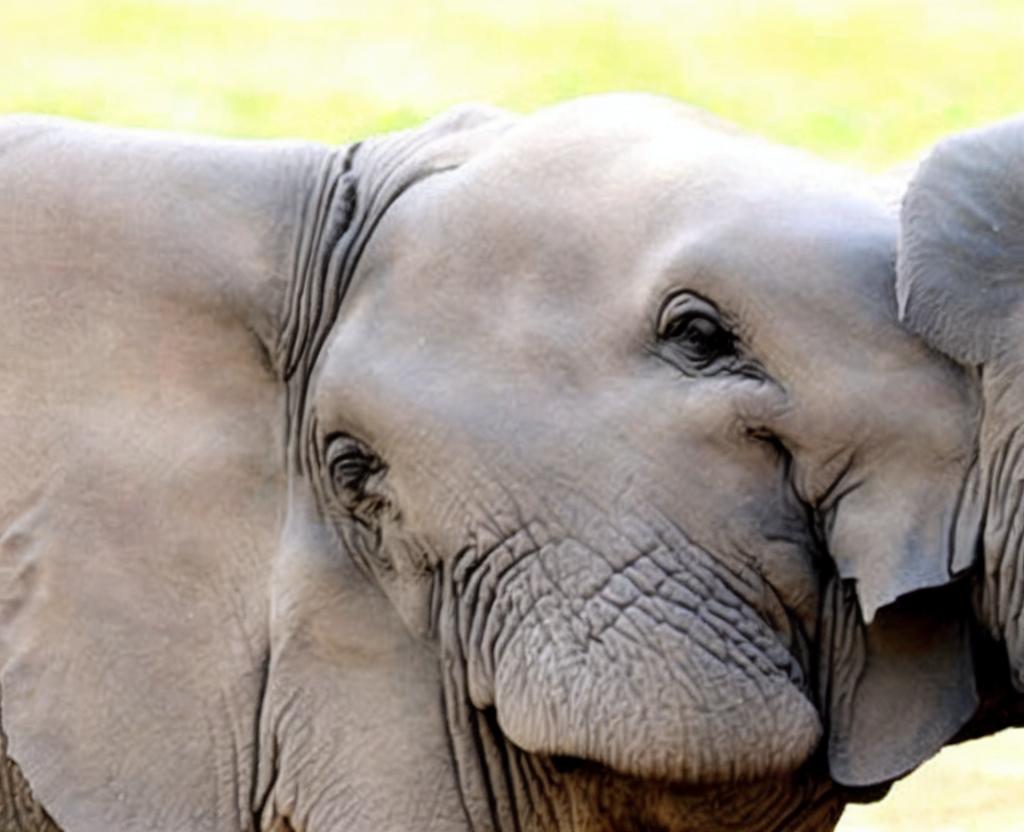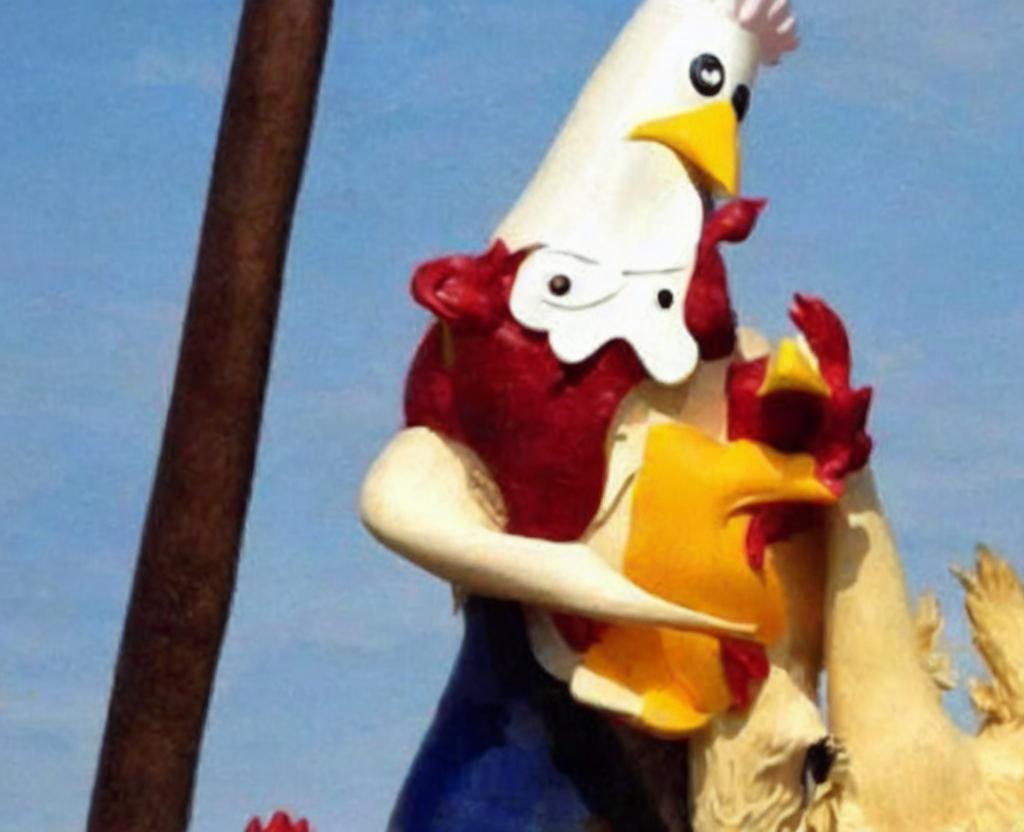
National Elephant Appreciation Day
Remember, the National Elephant Appreciation Day is September 22nd. The elephant is unlikely to forget.
#elephantappreciationday
Elephants are enthralled by people of all ages. To celebrate with us, discover some surprising facts about them.
These vivacious and social animals live from 60 to 70 years old. Elephants have remarkably close family ties like humans, and elephants have remarkably close family ties. The African Savannah and Asian elephant are two species of elephants that exist. However, recent scientists have reported that the African Forest elephant is also a unique species rather than a subspecies.
These pachyderms are closely related to rhinoceroses and hippos, and hippos are closely related to rhinoceroses and hippos. In fact, pachyderm refers to thick-skinned animals with hooves or nails like hooves. Although the African elephants outgrow the Asian, both elephants take the award for the world's largest land mammal. However, there are some similarities between the species, as well as some that are not..
African & Asian Elephants: The Difference Between African and Asian Elephants: African & Asian Elephants: The difference between African and Asian Elephants:
- The African elephant's ears are getting bigger
- Only the male develops tusks in the Asian species. However, both male and female elephants in the African jungle grow tusks.
- The trunk is one of the things that fascinate us about elephants. It's super sensitive. A small finger-like appendage grows at the end. Elephants can pick up small twigs, pieces of grass, and other items thanks to the appendage, also known as a lobe. On the Asian elephant, the lobe rises at the top of the trunk's trunk. However, the African elephant develops a lobe at the top and bottom, giving it more pinching dexterity
- Both species live in herds. The herds are primarily led by a matriarch and are made up of sisters, daughters, and their children. As the males mature, they go off on their own.. Asian herds tend to be smaller than African herds, and they tend to be smaller than African herds.
- Although both species are herbivores, their diets vary depending on the available habitat
Elephants are a lively and playful species. Have you ever seen them frolic in the sea? With their mighty tusks, they will protect their own. Their tusks are vital for survival whether foraging for food or digging a mud hole. Since hunters value the ivory more than the life of the elephant, they endanger the survival of these magnificent animals.
Do elephants ever forget? Do elephants ever forget? Elephants have excellent memories, according to studies. Well, elephants have excellent memories. They recall crucial locations across large areas of land. Even after a long time has passed, elephants still show recognition of faces and other elephants.. And although we may be forgetful from time to time, we don't recommend missing this holiday.
How to celebrate elephant appreciation day on elephant appreciation day.
Don't forget to honor the Elephant on September 22nd! Show your love today by visiting the elephants at your local zoo. Get involved. Get involved. Learn about conservation and reducing poaching.
Learn more about elephants. We recommend The Elephant Whisperer by Lawrence Anthony, Love, Live and Elephants: An African Love Story by Daphne Sheldrick. read Horton Hears a Who by Dr. Seuss or any of Jean de Brunhoff's Babar stories.
Documentaries bring the life of the elephant into our living rooms. Watch Elephants Were Young directed by Patricia Sims or When Elephants Were Young directed by Mark Linfield.
To post on social media, use the hashtag #ElephantAppreciationDay..
History of national elephant appreciation day has spanned history
National Elephant Appreciation Day was established in 1996 to raise concerns about elephants' plight.
Elephant FAQ
Q. What's another word for an elephant?
A. In reference to an elephant, the term "pachyderm" is often used. A. However, the elephant isn't the only pachyderm in the world. The outdated term was once a description of animals that also included hippopotamuses, rhinoceroses, pigs, and tapirs. tapirs were also listed in the list of tapirs.
Q. Do elephants sleep standing up? Q. Do elephants sleep well?
Elephants do sleep well, but not all the time. Wild elephants will spend more time sleeping standing up than their captive relatives.







